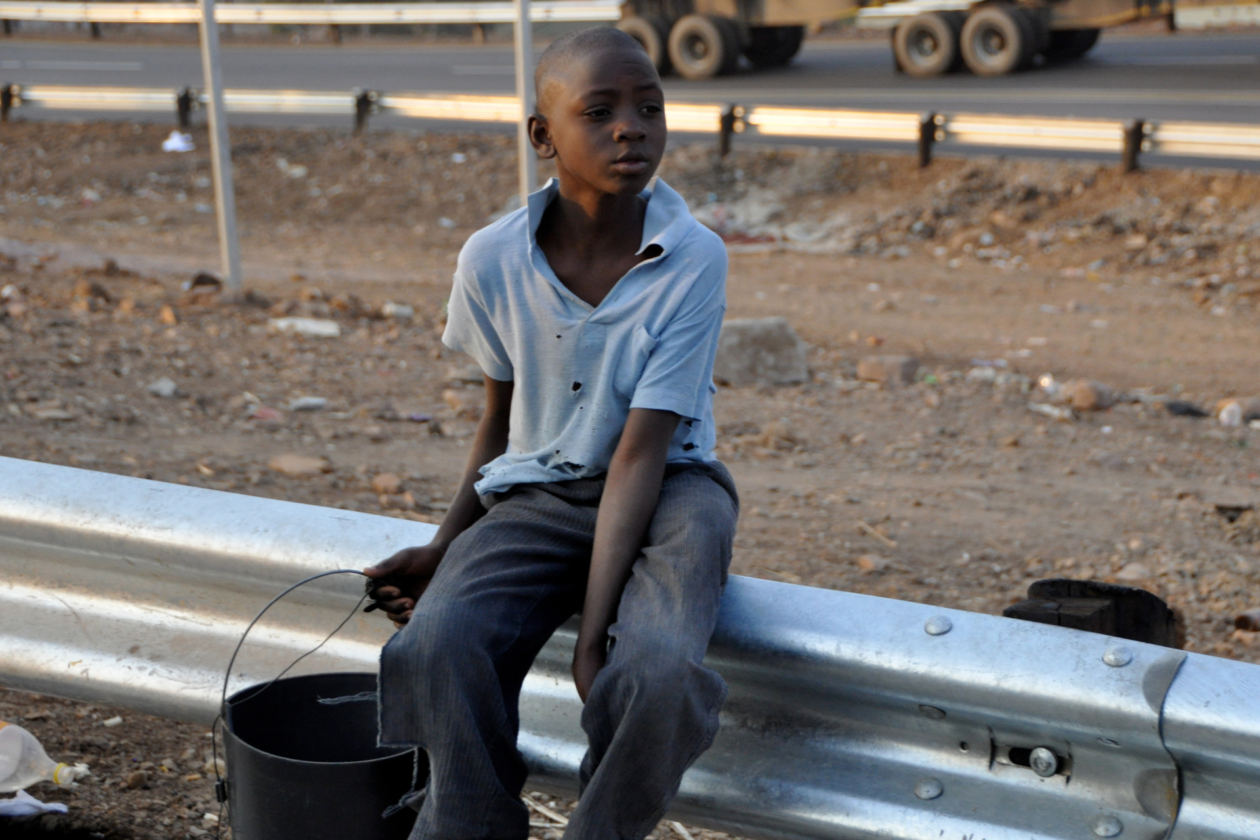
In March 2019, Cyclone Idai made landfall in Southern Africa, wreaking havoc across Mozambique, Malawi, and Zimbabwe. It has been named one of the worst natural disasters to hit the Southern hemisphere ever in recorded human history. The cyclone caused flooding and landslides, ruined crops and roads, killed hundreds, and impacted the lives of millions of people. Now a second destructive storm, Cyclone Kenneth, is hitting Mozambique.
While the impact of these cyclones is indisputable, the media coverage of Idai could hardly be called a storm. After the tragic shooting at a mosque in Christchurch, New Zealand led to 50 deaths, news of the cyclone was washed aside.
As vulnerable communities experience firsthand the impacts of these cyclones, and by default, climate change, the world cannot ignore the implications. Transnational companies are working with governments to continue to allow oil companies and extractive industries to expand across the African continent, from coal in South Africa to tar sands in Madagascar, increasing carbon emissions for profit while destroying healthy ecosystems and local livelihoods. At the same time, communities around the world are experiencing the loss of land to flooding, storms, and droughts, along with devastating natural disasters as result of this unmitigated growth and greed.
As the world fails to hold oil, gas, and coal companies accountable, local people bear the brunt of the consequences – and once their homes are no longer habitable they will look to the rest of the world to find another that is. Thus begins the plight of climate refugees.
In Southern Africa, and worldwide, those least responsible for the causes of climate change continue to experience the impacts. Cyclone Idai, and now Cyclone Kenneth, are prime examples of why climate justice should be at the forefront of our minds and why we need to get funds to the people most impacted. The climate crisis is now a reality in which those who benefit from our globalized economy and energy production are half way around the world and not among those who suffer the devastations.
This is why Global Greengrants Fund stands with grassroots organizations and local communities. We believe that the world must support the frontline communities resisting untenable fossil fuel development, the work of farmers who practice soil conservation, the rights of indigenous peoples to defend their forests, and ever-resilient communities with diverse economies and networks.
Many in our global network, including volunteers and grantees, were impacted by Cyclone Idai, and will also be impacted by Kenneth. While emergency response funding and aid is beneficial to helping those who have lost homes find shelter, food, and water after the storm, continued funding and support in the months and years that follow the disaster are just as crucial. As communities begin to rebuild, they need resources to reconstitute their civic associations, hold meetings, plan for the future and develop and implement successful adaptation and resilience strategies to help people deal with and rebound more quickly from future disasters. But we also need to take a bigger step to prevent these disasters from happening by reducing our demands for oil and gas, but also through investing in the resilience of local communities to deal with climate change.
Global Greengrants Fund works closely with existing organizations on the ground, those who know the impacts they are experiencing firsthand, and also the needs of the people in the local communities. Relief organizations are important after the immediate crisis, but they helicopter out when they feel the job is done, leaving communities with few resources to rebuild or come back even stronger following a major catastrophe. Global Greengrants Fund stands in solidarity with those most affected, providing resources to support their longer term goals and needs.
Want to stand with us? Make a gift today.
Photo Credit: Elizabeth Weber
